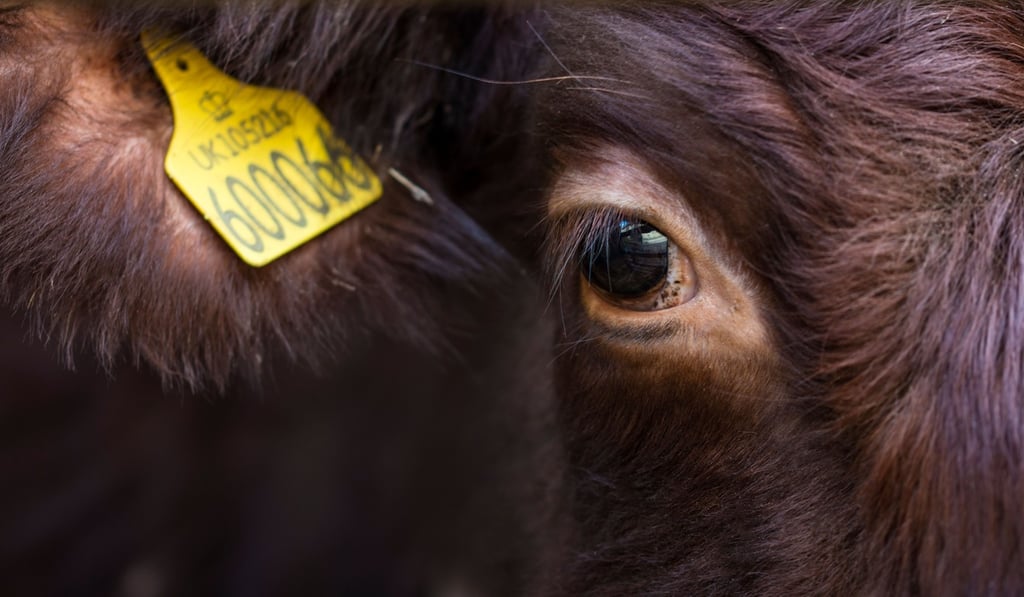How giving up beef can save millions of lives and cut greenhouse gas emissions
- A World Economic Forum report says replacing beef could avoid 2.4 per cent of global deaths
- As the world population increases it is becoming impossible to sustain the demand for beef

Switching from beef to alternative proteins could save millions of lives and dramatically slash greenhouse gas emissions, the World Economic Forum says.
New research conducted by the Oxford Martin School for WEF showed that efforts to replace meat and especially beef could provide huge benefits for human health and the environment.
The organisation, famous for the plush gathering of the world’s rich, famous and influential at the luxury Swiss ski resort of Davos each January, said 2.4 per cent of global diet-related deaths could be avoided by moving away from beef.
And for wealthier countries, a full 5 per cent of such deaths could be avoided, according to the school’s white paper “Alternative proteins”.

“The most positive effects are found in wealthier countries, where beef consumption is high and where there is a particular benefit of consuming more fibre,” it found.